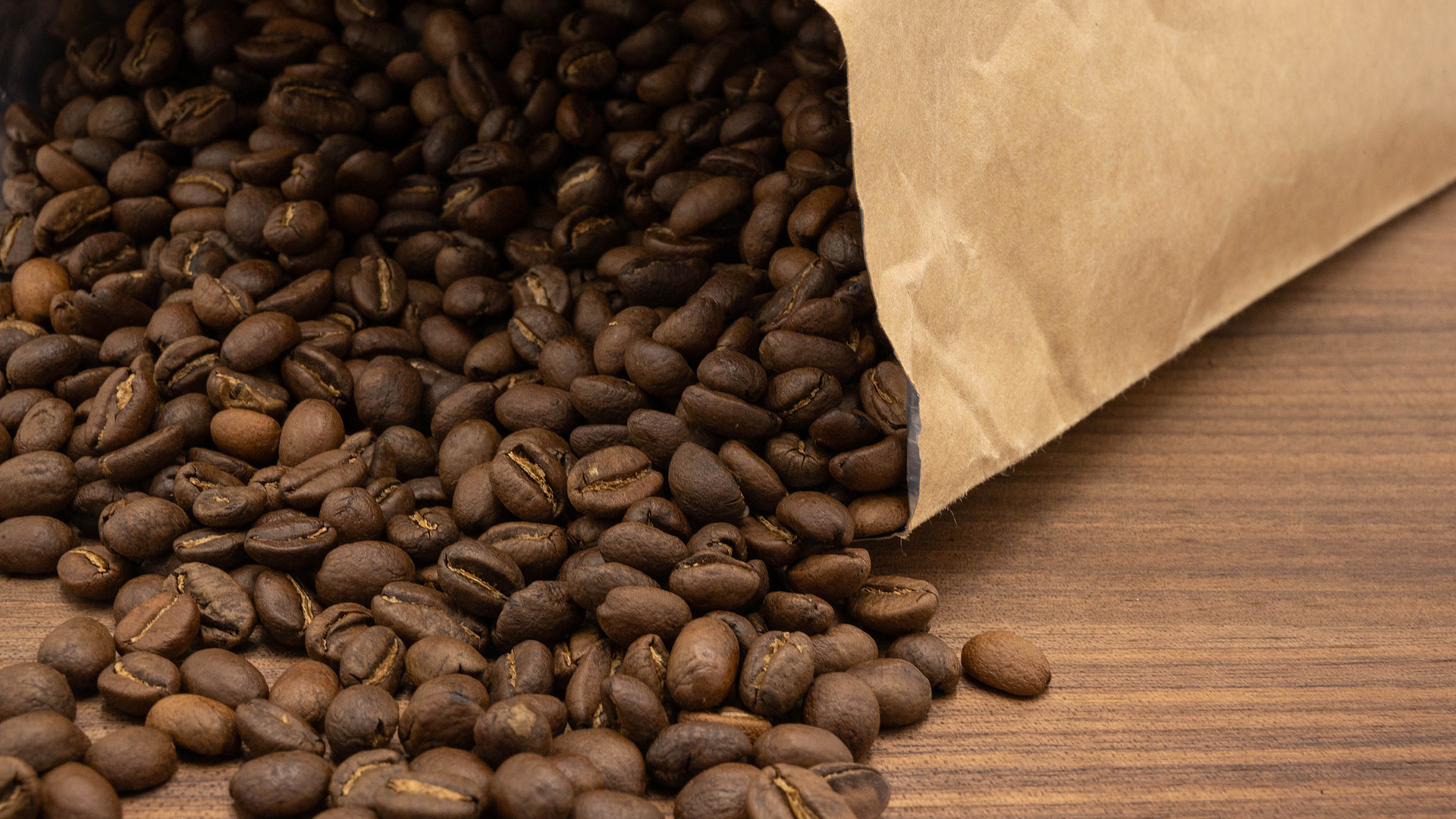
Is coffee bad for you?
Coffee has many good properties. For example, it perks you up and stimulates digestion. What’s more, coffee grounds can be used as a beauty treatment or coffee beans to add flavour to dishes. But how much coffee is good for you and what happens to your body when you drink it?
Long underrated, now celebrated
According to the British Medical Journal (2017), coffee can have positive effects on the health and the cardiovascular system. Amazing, considering it’s always been thought to increase blood pressure. So which of these assessments is true? Both! Your blood pressure does measurably increase after a cup of coffee, but only for a short time. Over the long term, drinking coffee is actually likely to have the opposite effect.
So how did this misconception come about? Previous studies did not take into account that many coffee drinkers also smoke. The test subjects’ poor health was simply attributed to the black gold without offsetting this fact.
Even though we are aware of this today, a fair bit more research is still needed into coffee and how it affects the human body. What is known at present is that coffee is said to help prevent certain forms of cancer. It also lowers the risk of both diabetes and cardiovascular disease. The caffeine contained increases concentration and enhances performance.
A health booster with restrictions
But what exactly does coffee do to our body? Most research to date has focussed on coffee’s best-known constituent substance: caffeine. This increases both the heart/pulse rate and the blood pressure. It also constricts the blood vessels in the brain, which can alleviate headaches, and improves the oxygen supply to the muscles. Caffeine keeps people awake by blocking adenosine, a messenger substance that causes tiredness. Too much caffeine, however, can cause restlessness.
Here again, the dose makes the poison. The European Food Safety Authority (EFSA) recommends “no more than 200 milligrams of caffeine at a time and a maximum daily intake of 400 milligrams”. This equates to recommending a maximum of 800 millilitres (four cups) of filter coffee or 300 millilitres (five cups) of espresso per day. Pregnant women should naturally drink less coffee, specifically no more than two cups. The same applies to people with certain health conditions or sensitive stomachs.
If you can’t tolerate coffee, this isn’t necessarily due to the caffeine. It may also be due to a different substance or the way in which it is made. Try drinking different varieties and roasts. The myth that coffee is dehydrating has also been disproven. Drinking coffee admittedly has a diuretic effect but you also absorb water when doing so. There is therefore no reason to give it up.
More than just a drink: use coffee holistically
How to reap the most benefit from coffee:
- Coffee can add a special note to many dishes. Experiment when cooking by garnishing pasta or salad with coarsely ground coffee, mixing a teaspoon of freshly brewed coffee into your gravy or using whole coffee beans in desserts, for example.
- Coffee grounds don’t just make a great fertiliser, but also fantastic beauty products. Create an exfoliating body scrub by mixing a few coffee grounds with about twice the amount of jojoba oil. Turn this into a face mask by adding a little liquid honey, apply to the skin and leave to work for at least quarter of an hour. Adding a few coffee grounds to your shampoo is also said to stimulate hair growth.
- As you now know, caffeine makes you tired at first, with its energising effect only kicking in after about 30 minutes. This delayed uplift is ideal for a brief siesta: if you drink a coffee, you’ll feel sleepy and can take a half-hour nap before the caffeine kicks in, filling you with energy to get you going again. Always set an alarm before nodding off just in case though.
All in all, you can enjoy your black gold with a clear conscience – as long as you do so carefully and in moderation.